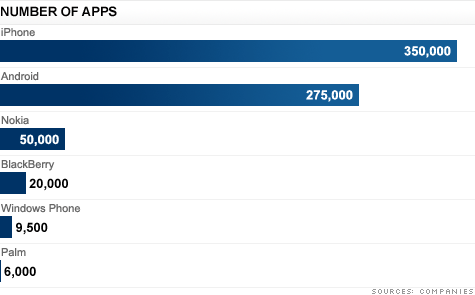
First off I'm not too sure why an app like this was even allowed to make it past the filter on BlackBerry's app store. This app basically allows people to report DUI checkpoints, speed cameras, etc. to each other using a GPS feature to show exact locations, allowing people to avoid these areas. You would think someone might say "Hey this might be a problem because it lets drunk drivers and speeders avoid things that could correct their behavior and prevent them front injuring someone." Apparently no one thought this was a problem and so some of the apps have been allowed to get up to 10 million users. It took senators writing to BlackBerry for these apps to get any attention at all, however, luckily BlackBerry has responded by already having some apps removed with promises of looking into the others that fit the same niche. I don't want to be an advocate for these types of apps because they should probably be illegal, but they aren't which means they are protected free speech. You have to wonder how the creators of these apps feel when one day they find out they are no longer making money off an app they created because government officials decided it wasn't protected by free speech. This could definitely hurt BlackBerry's already minuscule appstore because creators could end up feeling like this could happen to them so they might become hesitant to release their apps to BlackBerry. This would probably hurt BlackBerry severely and could cause them to start on a downward spiral where they may end up being purchased by one of the bigger companies, like T-Mobile. This would make the market even smaller, especially for smart phones, which would just hurt everyone in the long run and could cause the government to step in and put regulations in place within the cellular phone industry.






